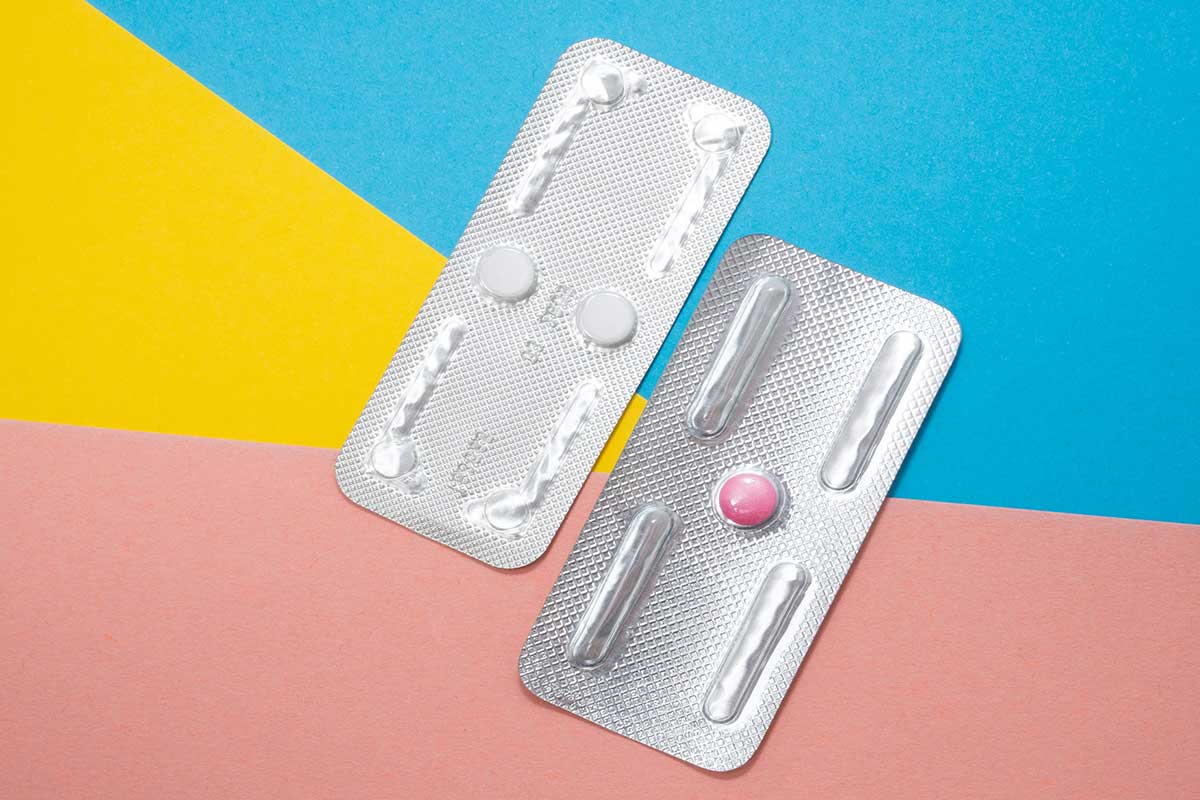Adverse effects, risk of infertility … Many rumors circulate around the morning-after pill. We balance the true and the false.
Broken condom, unprotected or forced intercourse, forgotten pill … Every year, about one in ten women under the age of 30 uses emergency contraception to escape the risk of unwanted pregnancy.Many rumors circulate about the misnamed “morning after pill”. One out of every two women surveyed believes that it is dangerous or can make them sterile. Among these misconceptions, there is also an exaggeration of side effects and poor knowledge.
1.- It is not an abortion
Unlike abortion medications, which are meant to end an ongoing pregnancy, emergency contraception aims to prevent fertilization of the egg by a sperm.
This pill contains a hormone that blocks the growth of the ovarian follicle (an egg that forms in the ovary), delaying ovulation time. Therefore, the sperm cannot find an egg to fertilize.
These pills are ineffective once the fertilized egg has implanted in the uterus and implantation has begun – they can only work before pregnancy. As such, therefore, they are not abortifacient drugs.
2.- You can take the morning-after pill for up to three to five days after unprotected sex
Contrary to what its name suggests, the “morning after pill” can be taken for more than 24 hours after unprotected sex. Depending on the type of pills, the period is different and varies between 3 and 5 days. However, it is best to take it as soon as possible, as it is more effective.
3.- It is not an abortion
Unlike abortion medications, which are meant to end an ongoing pregnancy, emergency contraception aims to prevent fertilization of the egg by a sperm.
This pill contains a hormone that blocks the growth of the ovarian follicle (an egg that forms in the ovary), delaying ovulation time. Therefore, the sperm cannot find an egg to fertilize.
These pills are ineffective once the fertilized egg has implanted in the uterus and implantation has begun – they can only work before pregnancy. As such, therefore, they are not abortifacient drugs.
4.- You can take the morning-after pill for up to three to five days after unprotected sex
Contrary to what its name suggests, the “morning after pill” can be taken for more than 24 hours after unprotected sex. Depending on the type of pills, the period is different and varies between 3 and 5 days. However, it is best to take it as soon as possible, as it is more effective.
5.- The morning after pill is not 100% effective
Emergency contraception is never 100% effective, even if it is taken very quickly after unprotected sex. The effectiveness percentages are around 98% when taken within 12 hours after intercourse and 85% when taken within 3 days. The effectiveness decreases over time. Keep in mind that until the next period, it is important to use a condom because emergency contraception does not protect against the risk of pregnancy until the end of the cycle. Given the relative reliability of emergency contraception, a pregnancy test is recommended three weeks after the date of unprotected intercourse. It should also be remembered that emergency contraception helps but does not replace regular contraception. Above all, it does not protect against sexually transmitted infections.




